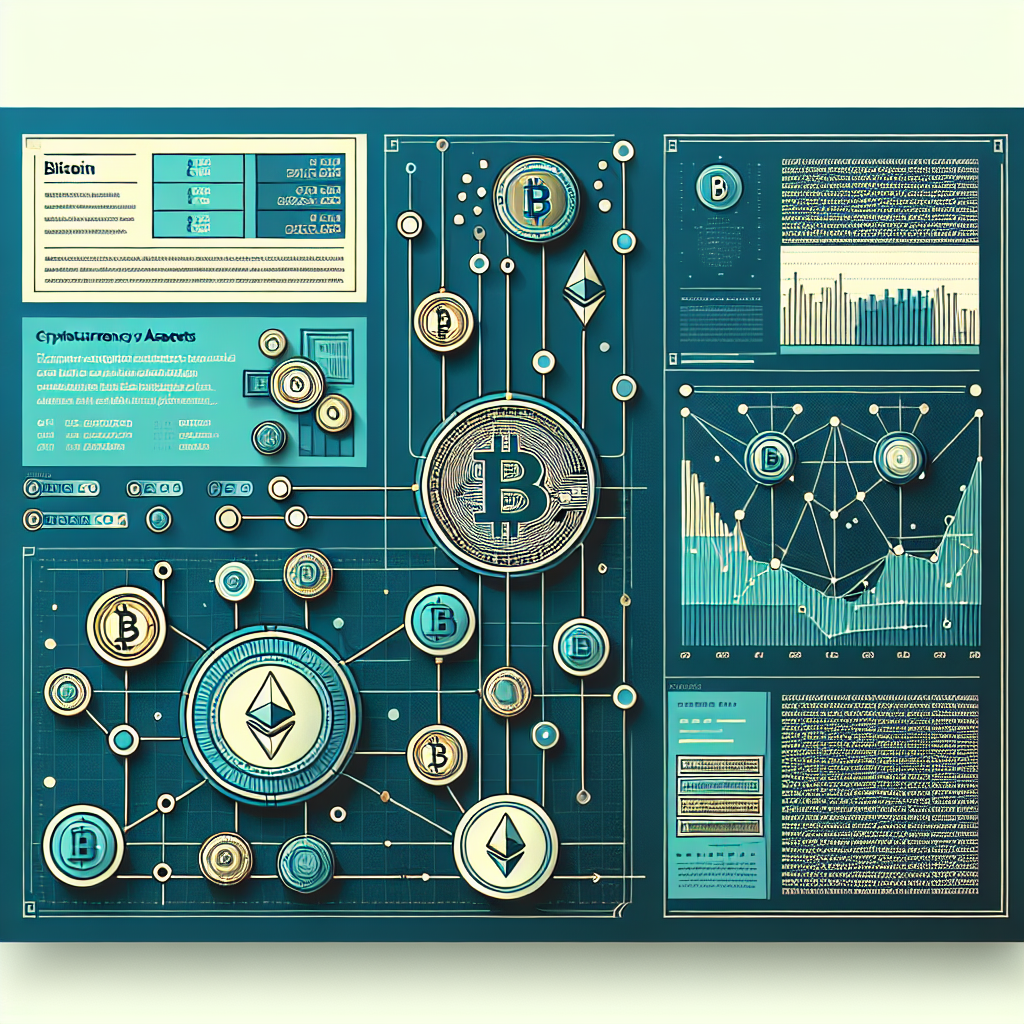Understanding the Basics of Digital Shares
In an era where the buzz around digital assets is at an all-time high, understanding the concept of digital shares is crucial for any investor looking to navigate the changing landscape of the financial market. With digital transformation reshaping sectors across the board, it’s no surprise that equity markets are also experiencing a significant shift. From startups to blue-chip companies, the traditional model of share issuance and trading is being augmented—or in some cases replaced—by digital shares.
The Advent of Digital Shares
Digital shares, also known as tokenized shares, represent ownership in a company or asset, much like traditional stocks, but with a digital twist. These shares are issued using blockchain technology, which ensures a high level of security and immutability—it’s almost like having a tamper-proof digital ledger keeping track of ownership and transactions. The introduction of blockchain into the share market has streamlined the process of issuance, trading, and management, leading to increased efficiency and reduced costs.
Why Digital Shares?
One may wonder, why the sudden inclination towards digital shares? The allure comes from several unique benefits that traditional shareholding does not offer. First and foremost, digital shares can provide greater liquidity for investors, especially in the case of private companies that are not publicly traded. This is achieved through secondary markets created specifically for tokenized assets, enabling investors to buy and sell shares more freely.
Moreover, digital shares democratize investment opportunities. They often come with the ability to be divided into smaller units, enabling fractional ownership. This means that investment in assets that were once only accessible to the wealthy, like real estate or expensive artwork, can now be afforded by a broader audience.
Furthermore, the blockchain basis for digital shares ensures a high level of transparency and accurate record-keeping. Every transaction is recorded on a distributed ledger, visible to all parties involved, which greatly reduces the risk of fraud and makes auditing simpler and more efficient.
How Do Digital Shares Work?
The process of issuing digital shares begins with the creation of a smart contract on a blockchain platform. This contract contains the rules for the share, including how many are being created, ownership details, and any voting or dividend rights associated with them. Once created, these digital shares can be bought and sold on digital asset exchanges or through specialized platforms that ensure compliance with regulations and secure transactions.
Investors interested in purchasing digital shares typically need to have a digital wallet set up to store their assets. After completing the necessary identification checks (in line with Know Your Customer and Anti-Money Laundering regulations), they can transact in these shares just as they would with conventional stocks—only with potentially greater ease and speed.
Navigating the Regulatory Environment
Perhaps one of the most pressing concerns with digital shares is the regulatory environment surrounding them. Since this is a relatively new space, laws and regulations are still evolving to accommodate the inclusion of digital shares in the equity markets. This is an area where investors and issuers alike need to tread carefully, keeping abreast of the latest legal developments in their jurisdictions.
Authorities around the world are working to balance the need for innovation with the imperative of protecting investors. In many regions, digital shares are treated similarly to traditional securities, which means they’re subject to the same rigorous disclosure requirements and oversight.
Risks and Considerations
Like any investment, digital shares come with their set of risks. The valuation of digital shares can be highly volatile, with prices influenced by market sentiment and the speculative nature of digital assets. Investors must perform due diligence and understand the business model and market potential of the company issuing digital shares just as they would with traditional investments.
Moreover, though blockchain technology is secure, the platforms and exchanges facilitating trading of digital shares may be susceptible to cybersecurity risks. Therefore, it is paramount that investors ensure they are using reputable and secure platforms for their transactions.
Looking Ahead
As we look to the future, it’s clear that digital shares will play an increasingly important role in the financial markets. They offer a novel approach that comes with greater flexibility, improved access, and potentially lower costs. For the tech-savvy investor eager to explore the frontier of digital assets, digital shares present an exciting opportunity that could redefine what it means to have “a share in the market.”
Conclusion
For the Bloomberg or TechCrunch audience, well-acquainted with market innovation, the emergence of digital shares is not just a trend but a signal of a fundamental shift. It’s a harbinger of a new era where blockchain technology could permeate all aspects of financial transactions. As with any emerging financial tool, the journey into the realm of digital shares should be approached with a balanced mixture of enthusiasm and caution, informed by the latest industry updates and regulatory changes. As investors and companies alike continue to adapt, digital shares may very well become a staple in the portfolios of the future.




















